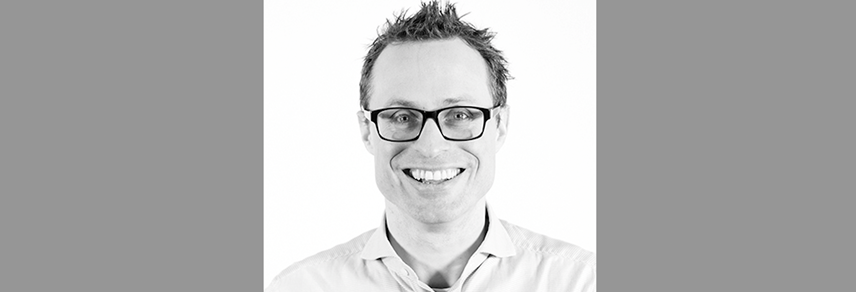
THE PARADOX OF COMMUNICATING CSR
Richard Costa, director at FleishmanHillard and head of corporate reporting at Ensemble Studio, explores the challenge of mistrust faced by companies looking to authentically communicate their corporate social responsibility.
There is a difficult challenge that companies face when trying to communicate their corporate social responsibility (CSR): the lack of trust.
All too often, scepticism is revealed in responses that point to window dressing, or a publicity stunt, or a marketing ploy, or greenwashing. The reaction highlights an underlying tension. In an effort not only to look like better citizens, but to become one, companies must deal with a paradox: the more they communicate what they are doing, the higher is the risk that it will be seen as nothing more than corporate spin. The perceived discrepancy between rhetoric and business practice is something FleishmanHillard has been studying for nearly a decade and calls the "Authenticity Gap". Their findings show how perceived hypocrisy negatively affects attitudes towards businesses. Yet companies are being asked to partner with governments and advocacy groups to solve the world's pressing problems. Consider COP26, for example. These conflicting ideas about the role of business pose a dilemma. In the context of mistrust, will meeting the demand for communication of prosocial activities help or backfire?
CSR includes discretionary activities that are socially or ecologically beneficial. However, their overall impact on the business is essentially neutral. A broader and more useful concept is corporate citizenship. It can be defined as the way a company understands, considers, and accounts for economic, social, and environmental impacts in designing products and services and managing operations. It encompasses the objectives that drive business strategy to maximise returns for both shareholders and society. Corporate citizenship is more meaningful to stakeholders than the narrower CSR. The focus of communication should change accordingly.
The prevalence of social media makes companies visible in ways that increase demands and expectations for disclosures. Companies are in an ever-brighter spotlight from which it is virtually impossible to escape and where stakeholders of all kinds can and do seek and obtain information. Businesses face increasing scrutiny from activists, media and investors who demand a variety of multiple-bottom line reports, which focus not only on economic returns and impacts, but also on social and ecological factors. Typically, this happens via websites and press releases, along with disclosures in financial reports. Too many of these can be self-laudatory rather than open about the issues and challenges the business faces. This can, and does, fuel the paradox.
Cherry picking the information isn't enough. Nor is publishing a report. Companies need to determine who will read it and make sure they will find it credible. Truths emerge rapidly in today's electronically connected society. When firms start pursuing stakeholder engagement strategies, they need to be self-conscious of what’s deemed to be important, and alert that interested parties may request other information. Stakeholder engagement is a powerful mechanism for developing deep understanding of changes that may be strategically relevant, for providing insights into potential innovations, and for helping the company manage risk. The outcome may require modifications to strategies, conduct and performance. Those who are unwilling to enter in an open and authentic dialogue risk facing push-back from interested parties and negative reputational consequences.
Too many examples of greenwashing have turned interested parties into sceptics. Consequently, firms need to work hard to communicate their brand, uphold their reputation and establish credibility around their corporate citizenship. Communication must be linked to multiple-bottom line reporting. Only by fully incorporating corporate citizenship can the message have the necessary degree of authenticity, transparency and reality that will cancel the paradox and win over hearts and minds.



